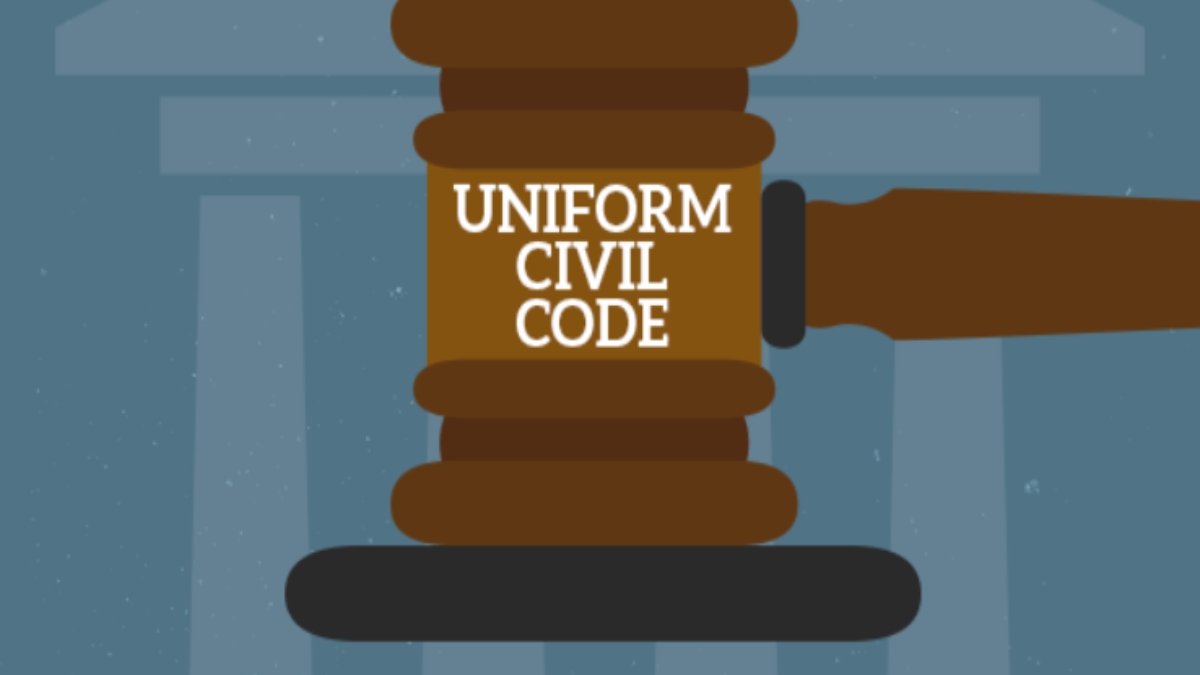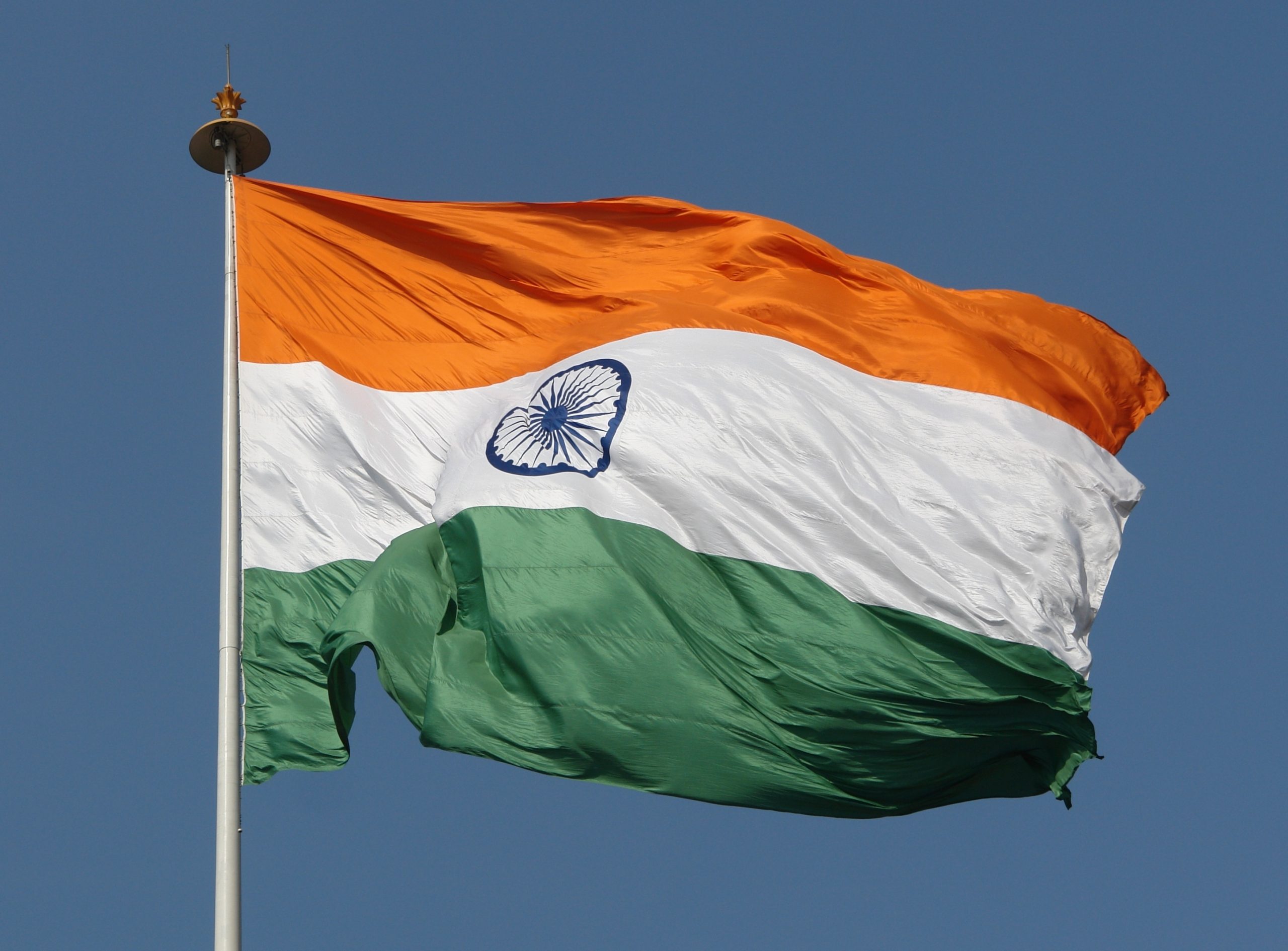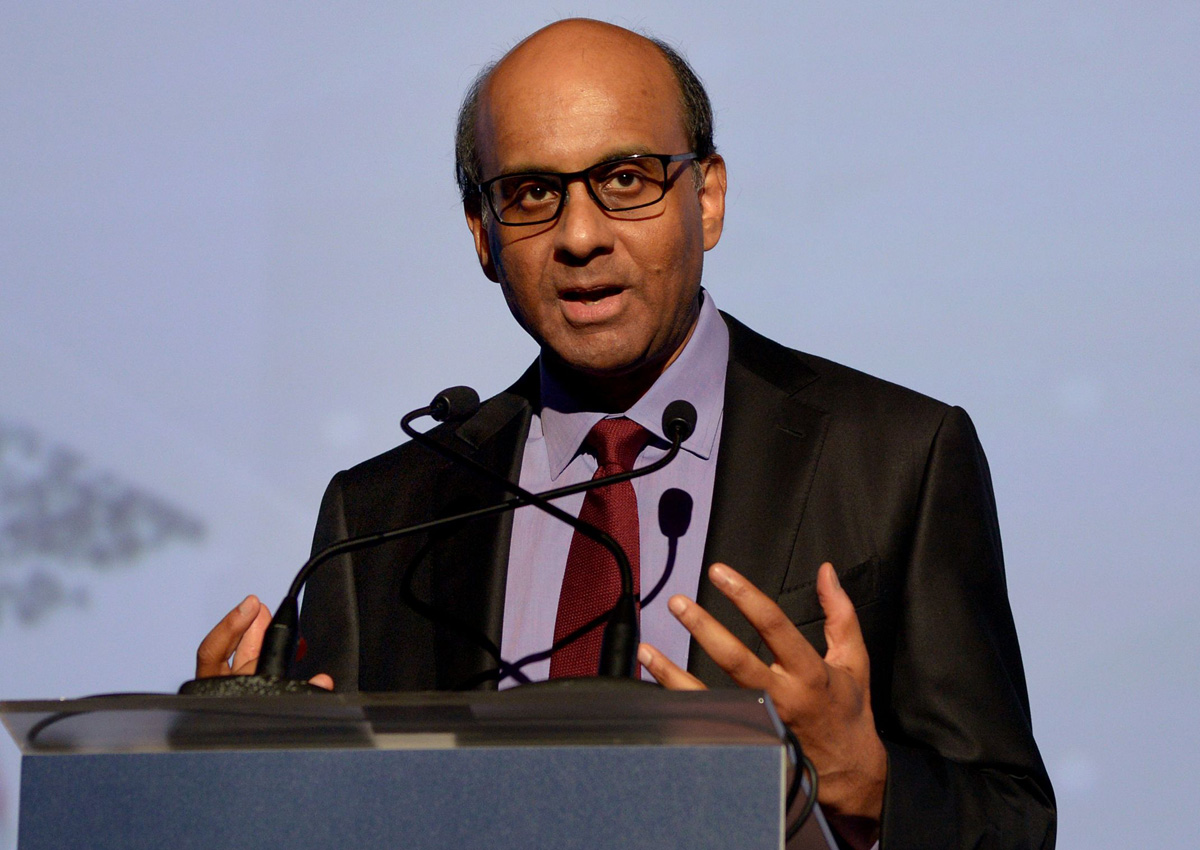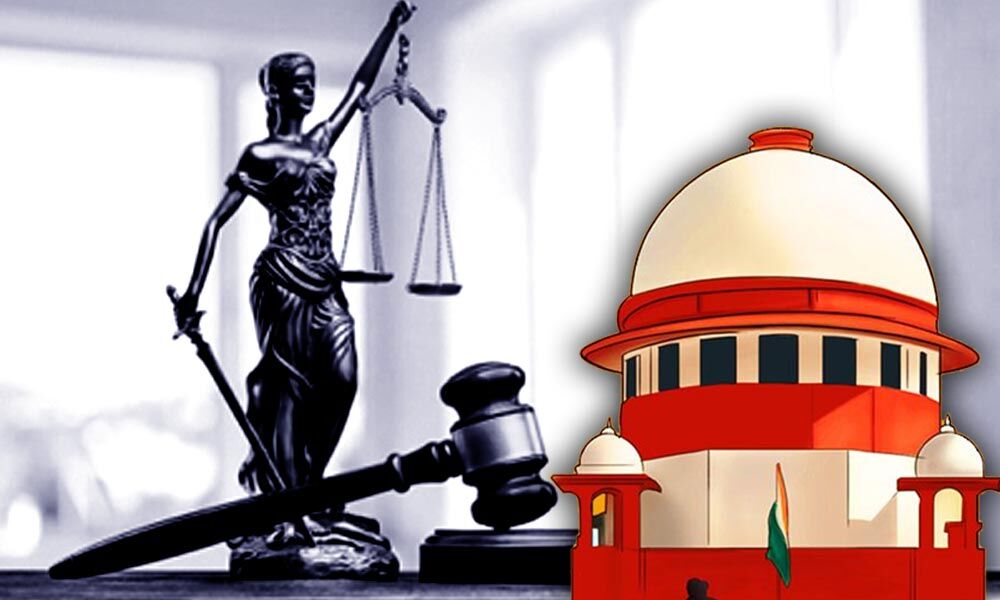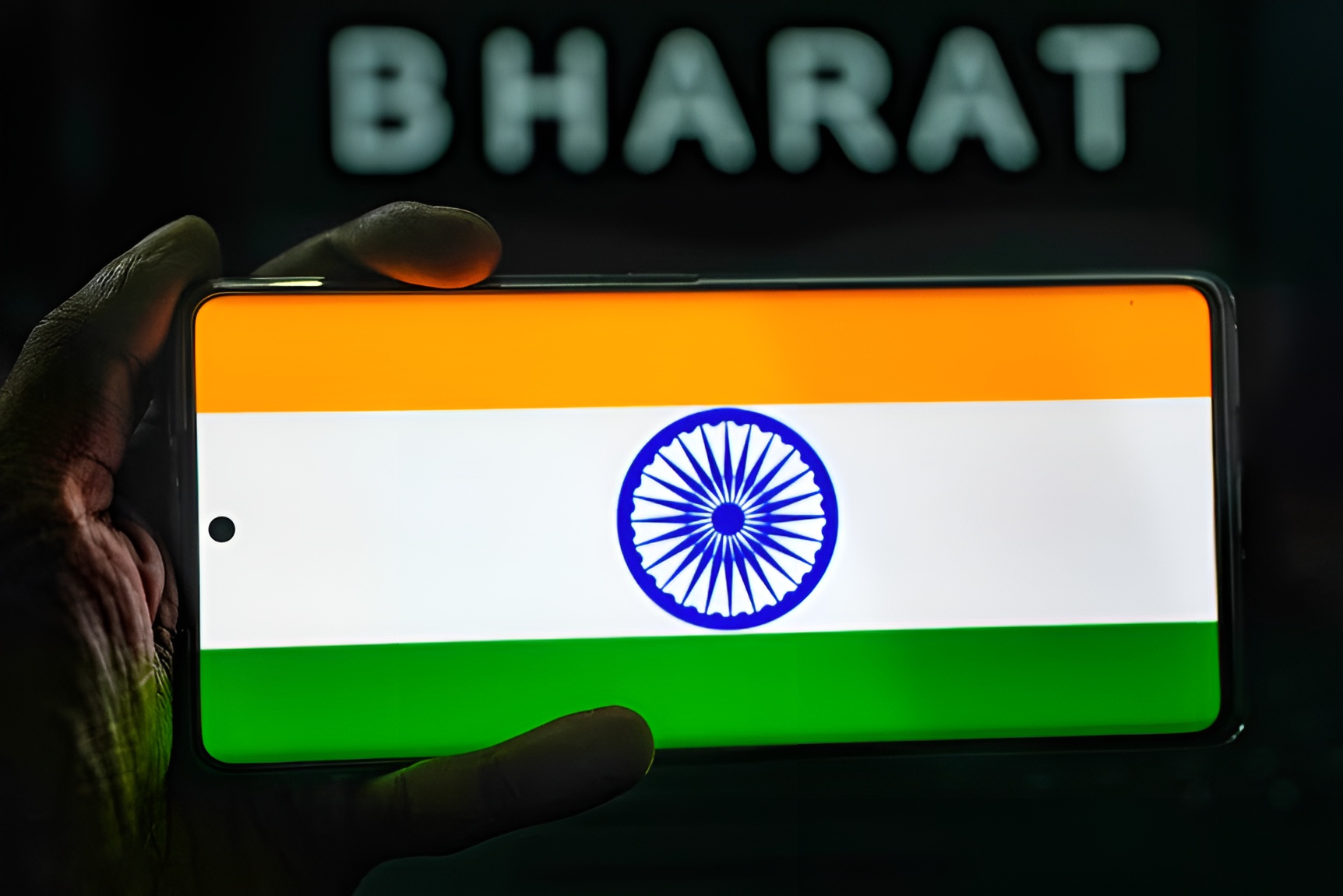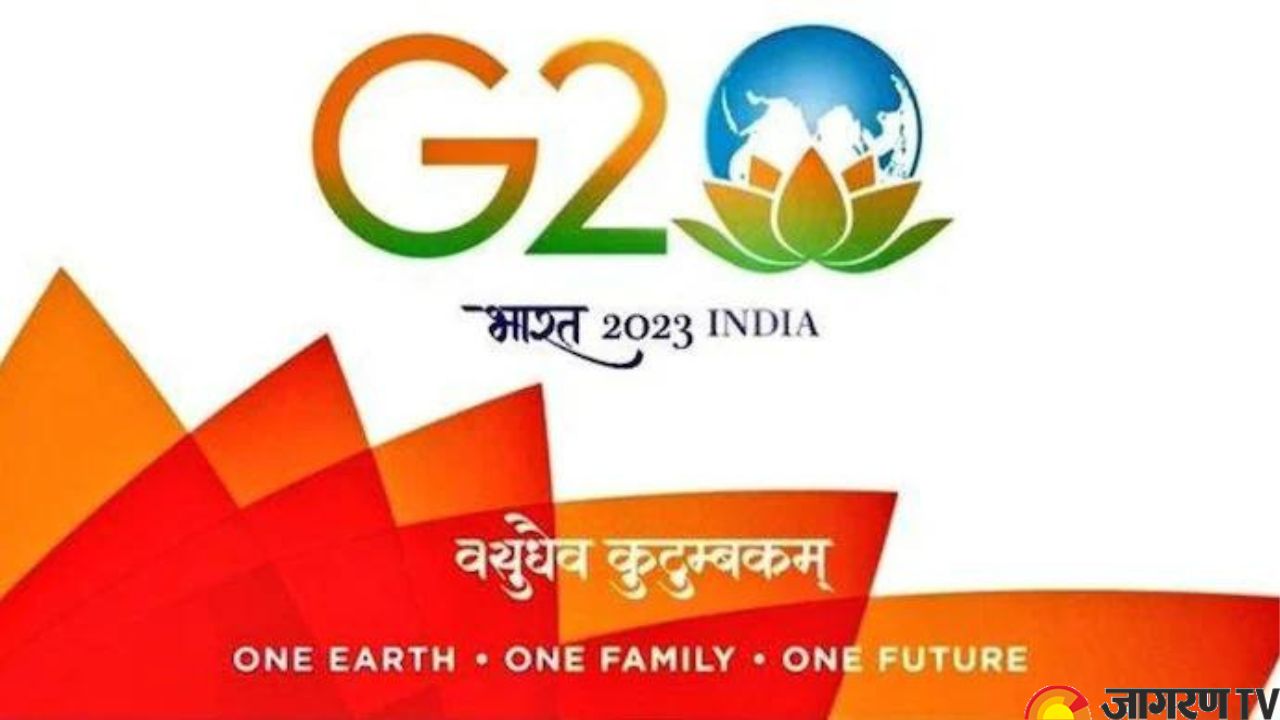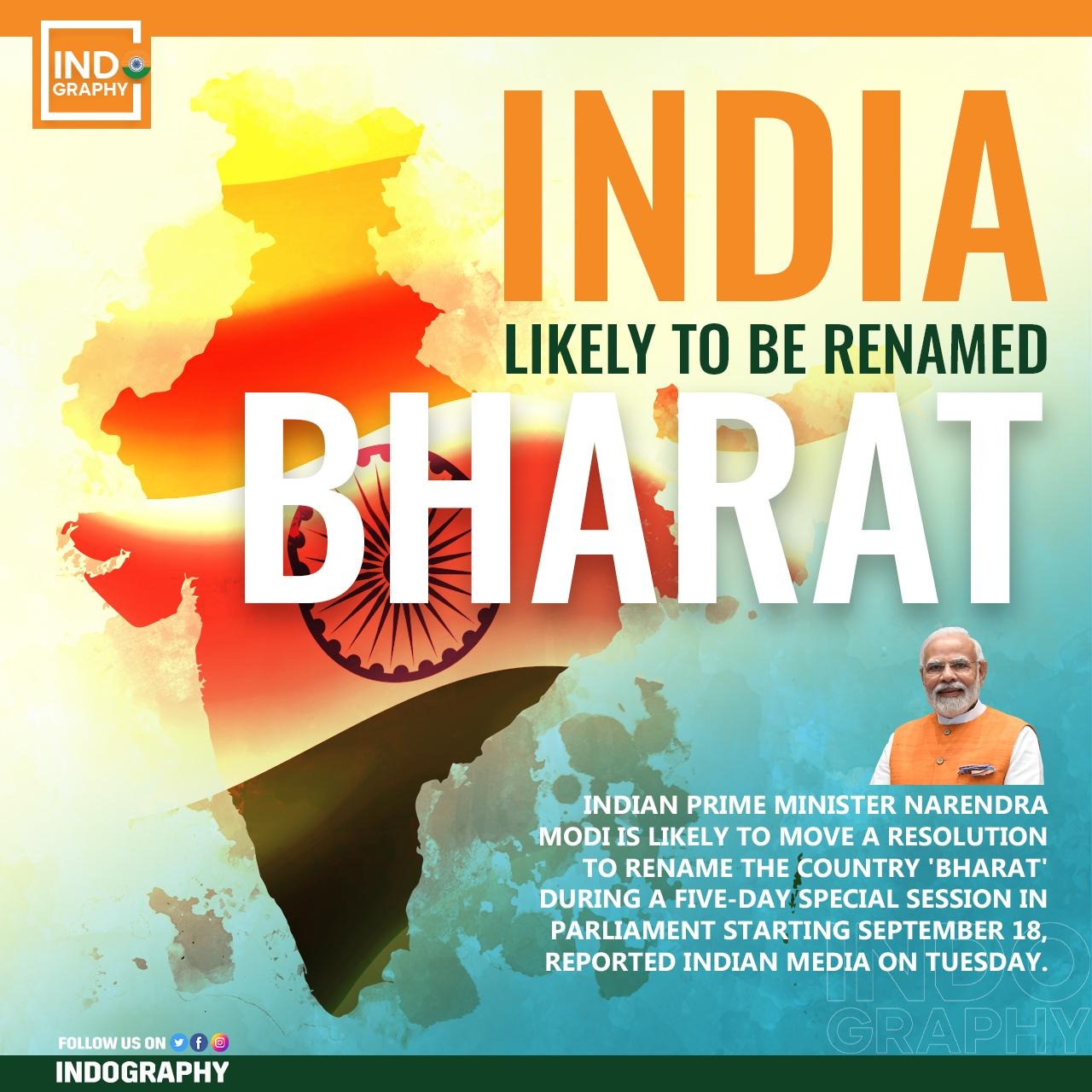In India, the Uniform Civil Code (UCC) is a sensitive and long-debated topic. Supporters argue that it should be implemented to provide fairness and equality in personal laws, while detractors raise issues with cultural and religious diversity. There are a number of crucial measures and considerations that must be made before India can really adopt a UCC. In this post, we will go over the requirements and actions that must be performed before India can progress towards creating a uniform civil code.
India is a nation renowned for its wide range of cultures and religions. It is home to several religious groups, each of which has its own set of personal rules that control things like adoption, divorce, and inheritance. It is crucial to comprehend and accept this variety before establishing a UCC. To promote knowledge and acceptance of the UCC, open and inclusive interactions with academics, religious leaders, and the general public are encouraged.
Recently, there has been a resurgence in support for a uniform civil code, with even the prime minister speaking out in favour of it. But we must be clear that neither the inclusion of this demand in the Directive Principles of the Constitution nor the motivation behind it by the Bharatiya Janata Party and its allies, including the Rashtriya Swayamsevak Sangh and Vishwa Hindu Parishad, are legitimate justifications. The recurrent resuscitation of the Uniform Civil Code, which is aimed against India’s Muslims, is analogous to the debate over cow protection in that it serves as a tool for spreading misinformation and bigotry and strengthening the Hindu vote against Muslims.
It is impossible to discuss the problem of the Uniform Civil Code in a vacuum. The reigning dispensation’s words and deeds must be taken into consideration. Political analysts are being dishonest when they demand that individuals and political parties that are not associated with the BJP respond to this idea in a sincere manner. In the past nine years, not only vigilante groups but also the state itself have attacked Muslims and Dalits by passing anti-conversion legislation in the name of defending Hindus from “love jihad. The number of attacks against Muslims has increased as a result of this spreading of fear.
Following the Supreme Court ruling, the administration enacted an ordinance, and the parliament later approved a bill outlawing triple talaq. There is no question that this was a necessary action. But by making the infraction a crime, the administration revealed its true colours. No Hindu may be imprisoned for leaving his wife behind! The BJP’s many politicians, from the prime minister on down, have made it clear by their remarks that they have no interest in equality of any kind. Every action is intended to show their followers that they will subdue Muslims.
The discrepancy on exhibit at the Supreme Court is also quite obvious. In an effort to guarantee equal rights for all people, the government, on the one hand, advocates for a uniform civil code while simultaneously opposing same-sex marriage before the Supreme Court.
A group of us, including Bezwada Wilson, Dushyant the attorney, Gul Panag the actor, Mukul Kesavan the academic and author, Nilanjana Roy the author, S. Irfan Habib the scholar, and Major General S. Vombetkere (Retd. ), presented a proposal to Justice B.S. Chauhan, the Chairman of the Law Commission, who had been chosen to look into this issue, in 2017.
We suggested allowing marriages between people of all genders and sexual orientations, as well as granting them equal rights to adoption and equivalent divorce, succession, and inheritance laws. We also suggested legalising inter-individual partnerships. The Civil Code no longer covers characteristics that set one person apart from another, including religion, gender, and sexual orientation. The gender inequality in all civil codes based on religion has been a constant theme of the drive for a uniform civil code. But these devotees will need to transcend their binary conception of gender given the knowledge we now have about gender, sex, and sexuality.
This topic has been structured in a way that has deeper philosophical issues. The continuous use of the word “uniform” conveys the implication that there is chaos at the moment. The emphasis is on consistency because, according to legend, it will foster discipline. Here, it is assumed that equality is guaranteed through uniformity. Uniformity registers as a synonym for equality in our subconscious. However, uniformity just implies that everyone will be subject to the same regulations. The pondering does not focus on the type of change.
The result might be a law that, while it applies to everyone, is discriminatory in intent and uneven, giving certain groups more influence than others. All citizens need to have their freedom, lives, privacy, fairness, equality, and dignity protected. We must work towards a civil law that guarantees each individual the freedom to live their lives in accordance with their values and preferences.
In these debates, equity must also be mentioned. Other relevant concerns will be raised as a result of this change. Our civilization has a glaring disparity. When we make significant changes to social rules, we must take into account the reality that so many people lack access to education, rights, and equality. Even the most important moral laws can become repressive instruments in a society that is fundamentally feudal. We make relatively little effort to alter our socio-religious attitudes. Homes, schools, universities, and communities function in a parallel violent world in many sections of the country. Caste, gender, and religion are all employed to oppress and subjugate the helpless.
Additionally, laws are incredibly complex and hard for the oppressed and ignorant to access. Even getting a death certificate may be difficult for someone from a small town, and now we’re talking about complicated revisions to our civil rules. Even progressive rules will be disregarded in such a setting owing to a lack of social development, parochialism, or because they will be turned into weapons by the dominant.
Courts uphold discriminatory standards; political parties mistreat residents based on their race, religion, caste, gender, and sexual orientation; and the police work hand in hand with the powerful. Potentially, if it were progressive in this case, a uniform civil code may be detrimental since it would undermine the authority of the socially powerful. As a result, minorities who try to make use of the new laws will be more exposed to the possibility of violence.
Ideals like rights, liberty, and justice must become common topics of debate. This may lead to a grassroots call for amendments to our civil codes. Governments and lawmakers must foster a social atmosphere where everyone can speak up without fear.
This does not imply that legislation must wait for societal transformation. Laws may come first and prod us towards change. If laws are drafted with social consciousness and to further the democratic spirit, this will occur. But we don’t require a single civil code to build a more progressive society. The existence of many civil laws is not the issue. Their levels of prejudice and restriction Contrary to what is said, the goal should not be to promote sameness.
Additionally, it is a lot harder. Particularly in a varied nation like India, a personalised approach to each set of civil rules will be more rational and precise. Any such approach must also engage each community. A clause in our constitution cannot be used to impose changes as a top-down directive. It must be a collaborative effort that originates from the affected communities. Although this will take longer and be more collaborative, the modifications will be more innovative, strong, and adaptable because of the added nuance and strength.
An important change that might lead to gender equality and justice in India’s personal laws is the Uniform Civil Code. However, its execution necessitates taking into account India’s diverse cultural and religious heritage, consulting with all relevant parties, and taking measures to achieve gender equality and uphold individual rights. India must first take steps towards debate, reform, and education in order to build a society where personal laws are just, fair, and consistent with the values of the Indian Constitution before it can talk about a uniform civil code.
